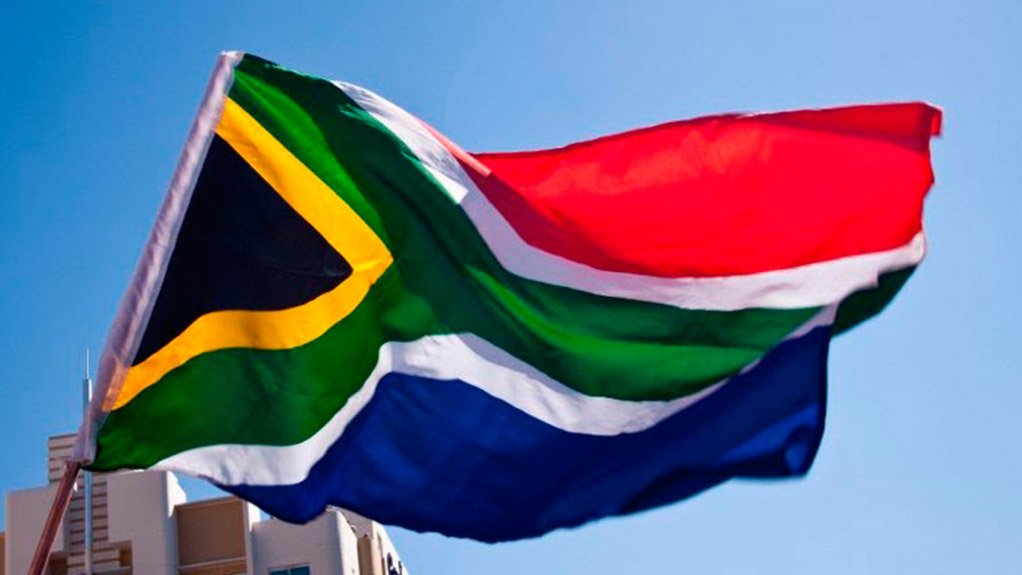/ MEDIA STATEMENT / The content on this page is not written by Polity.org.za, but is supplied by third parties. This content does not constitute news reporting by Polity.org.za.
In 2000, South Africa ranked 58th on the list of countries analysed. An important and revealing factor in South Africa’s decline in the rankings is that it has been overtaken by fifteen former communist countries and has seven African countries ahead of it on the economic freedom list.
Hong Kong and Singapore again top the index, continuing their streak as 1st and 2nd respectively. New Zealand, Switzerland, Georgia, the United States, Ireland, Lithuania, Australia, and Denmark round out the top 10.
The report, based on 2019 data (the most recent comparable data), warns that recent events in Hong Kong will likely cause its score to fall as data become available for 2020 and 2021.
“Beijing’s intrusion on the rule of law, the foundation of economic freedom, will negatively affect economic freedom in Hong Kong,” said Fred McMahon, Dr. Michael A. Walker Research Chair in Economic Freedom with the Fraser Institute. “For the sake of the people of Hong Kong, we’ll continue to monitor the situation and report any decline in freedom.”
The report was prepared by James Gwartney, Florida State University; Robert Lawson and Ryan Murphy of Southern Methodist University; and Joshua Hall, West Virginia University. It measures the economic freedom (levels of personal choice, ability to enter markets, security of privately owned property, rule of law, etc.) by analysing the policies and institutions of 165 countries and territories.
The 10 lowest-rated countries are Central African Republic, Democratic Republic of Congo, Syria, Republic of Congo, Iran, Zimbabwe, Algeria, Libya, Sudan, and Venezuela. (Despotic countries such as North Korea and Cuba can’t be ranked due to lack of data.) Other notable rankings include Japan (18th), Germany (22nd), Italy (47th), France (53rd), Mexico (75th), Russia (100th), India (108th), Brazil (109th) and China (116th).
According to research in top peer-reviewed academic journals, people living in countries with high levels of economic freedom enjoy greater prosperity, more political and civil liberties, and longer lives.
For example, countries in the top quartile of economic freedom had an average per-capita GDP of US$50,619 in 2019, compared to US$5,911 for bottom quartile countries. And poverty rates are lower. In the top quartile, 0.9 per cent of the population experienced extreme poverty (US$1.90 a day) compared to 34.1 per cent in the lowest quartile.
Finally, life expectancy is 81.1 years in the top quartile of countries compared to 65.9 years in the bottom quartile.
“Where people are free to pursue their own opportunities and make their own choices, they lead more prosperous, happier and healthier lives,” McMahon said.
The Fraser Institute produces the annual Economic Freedom of the World report in cooperation with the Economic Freedom Network, a group of independent research and educational institutes in nearly 100 countries and territories. It’s the world’s premier measurement of economic freedom, measuring and ranking countries in five areas—size of government, legal structure and security of property rights, access to sound money, freedom to trade internationally and regulation of credit, labour and business.
See the full report at www.fraserinstitute.org/economic-freedom.
South Africa scores in key components of economic freedom (from 1 to 10 where a higher value indicates a higher level of economic freedom):
- Size of government: changed to 7.00 from 5.59 in the last year’s report
- Legal system and property rights: changed to 5.95 from 6.36
- Access to sound money: changed to 8.25 from 8.10
- Freedom to trade internationally: changed to 6.50 from 6.47
- Regulation of credit, labour, and business: changed to 7.16 from 7.54
“No one in political office who seriously wishes to improve conditions for their fellow citizens can afford to ignore the lessons to be learned from the annually produced Economic Freedom of the World Report. All they need do, is page through a report and see what other countries are doing right or doing wrong, to establish the best economic policies to follow to improve the lives of their own citizens”, says Eustace Davie, a director of the Free Market Foundation. “For instance, Bulgaria improved its rank on the index from 103rd to 36th between 2000 and 2019. They kept taxes low, reduced inflation from 409.7% to 1.20% per annum, and improved foreign trade conditions. The result was that the average income per capita increased in constant 2017 US$ from $10,201 to $16,914 during that period.”
“By contrast, South Africa has adopted laws and regulations such as minimum wage laws and hiring and firing laws that have caused the country to have one of the highest unemployment rates in the world, with 75% of young people between the ages of 15 and 24 unable to find jobs according to the ILO. Applying a good dose of economic freedom to the problem would be the quickest and best way to resolve the matter and allow the unfortunate victims to get jobs,” says Davie.
Issued by the Economic Freedom Index
EMAIL THIS ARTICLE SAVE THIS ARTICLE ARTICLE ENQUIRY
To subscribe email subscriptions@creamermedia.co.za or click here
To advertise email advertising@creamermedia.co.za or click here











